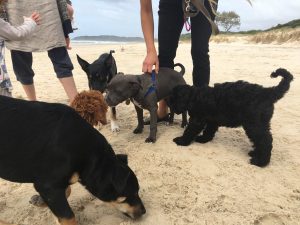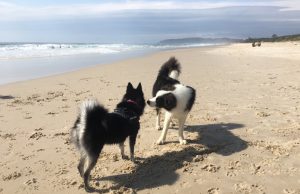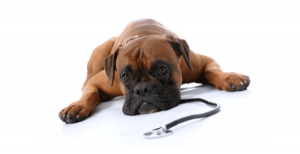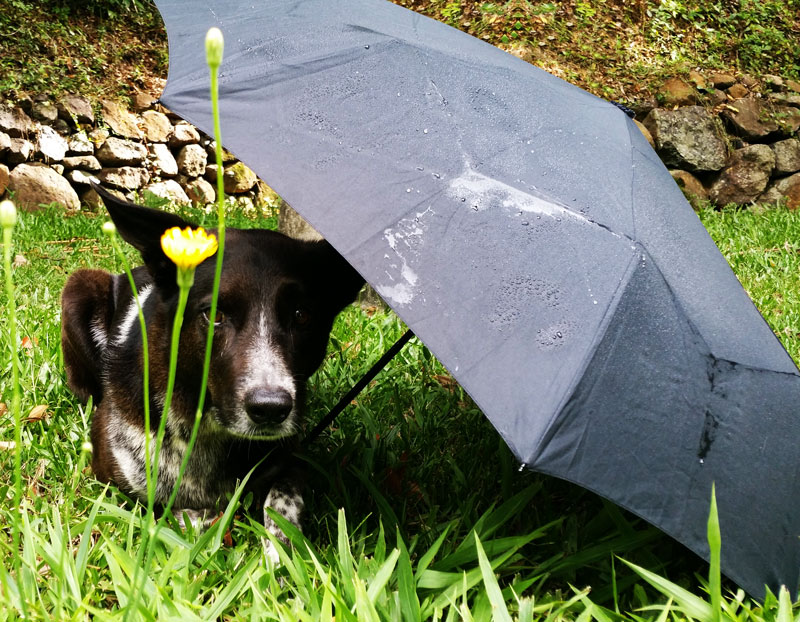PUPPY SOCIALISATION AND VACCINATIONS BELONG TOGETHER!

Pet guardians are now aware of the necessity of providing dog/dog socialisation opportunities for their puppies. Nevertheless, when and how to do it is still misunderstood largely because many veterinarians, as well as breeds and pet store owners, advise new pet parents to avoid socialising their new puppy with other dogs until the age of four to six months, in order to avoid exposure to illnesses that vaccines protect against.
Veterinarian experts in animal behaviour, however caution that the risk of developing behavioural problems – especially aggression – outweighs the risk of developing disease in otherwise healthy puppies. As early as 2004, renowned veterinarian RK Anderson, proclaimed in an open letter to his veterinary colleagues titled ‘Puppy vaccination and early socialisation should go together’.
Dr Lynn Honeckman, DVM, tells us, “There is a very small window of opportunity during which it is our job to teach our puppies that the world is a safe place”. Socialising with litter mates and in-house dogs is not sufficient.
Failure to properly socialise early often results in aggression that is resistant to treatment, dog fights, embarrassing and stressful barking and lunging behaviour, heartache and pet abandonment.
When should you socialise your puppy?
Dr Ian Dunbar, veterinarian and Animal Behaviour PhD, a pioneer in puppy training, tells us that safe socialisation during the first weeks at home is of ‘extreme urgency’. Indeed, Dunbar has launched the Puppy raising initiative explaining socialisation imperatives for puppies in the short ‘critical period’ of social development – between 4 and 12 weeks of age. This applies to socialisation with people too. “Puppies must be safely socialised to people; otherwise during adolescence they will likely become wary and fearful and may exhibit aggressive behaviour towards people”.
How to socialise and protect your puppy
After the 4 to 12 week critical period window closes, the friendly socialised puppy that was open to accepting the wide and wonderful world, enters into a fear-acquiring developmental period. So…unless you and your dog plan to live in the woods and need to protect yourselves from other dogs, preparing your pup to live in a domesticated, dog-filled environment makes better sense!
Work closely with your vet to keep your puppy/dog current with their vaccinations and be proactive about your puppy’s socialisation requirements by selecting a an early socialisation plan in a medically safe environment with a positive reinforcement/force free trainer.




